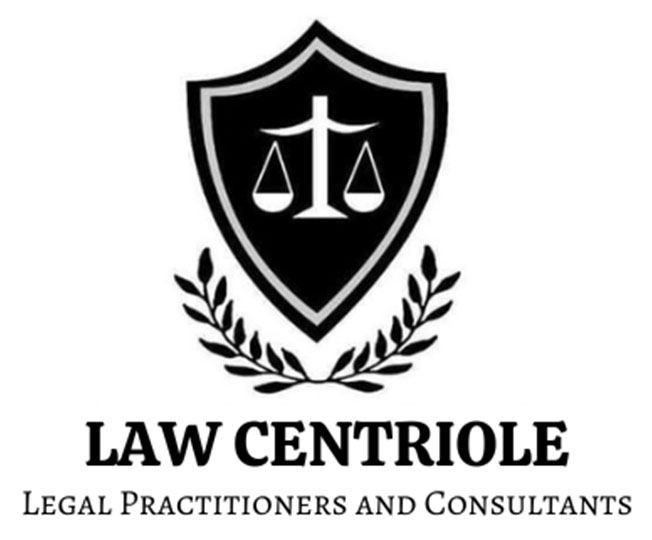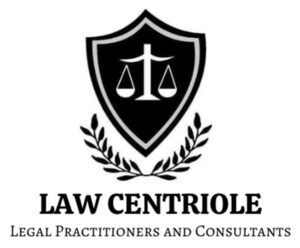
There is the usual misconception when tenancy is being discussed: that a tenant can stay rent-free for six months after the expiration of the lease or after the service of notice. If you share this view, think again! In Nigeria, the law protects landlords through the concept of mesne profits, ensuring they receive compensation for unauthorised occupation. This post delves into the intricacies of tenancy in Nigeria, equipping both tenants and landlords with the essential knowledge required to protect their respective interests.
The Rent Obligation:
As a tenant in Nigeria, you generally must pay rent for every day you occupy the property.
Mesne Profits: Beyond Rent:
While rent covers the agreed-upon price for occupying the property, mesne profits go beyond that. They represent the compensation due to the landlord for a tenant’s unlawful occupation after the agreed tenancy period has ended. This applies when the tenant stays on without renewing the agreement or receiving proper notice from the landlord.
The “Tenant at Sufferance”:
A tenant who overstays after the lease expires becomes a tenant at sufferance. While they may still be physically present, they lose the legal protections of a valid tenancy agreement. This means they can be evicted at any time without much notice, and they are liable to pay mesne profits for every day they remain on the property.
Terminating a Tenancy Agreement: Understanding Your Options
Ending a tenancy in Nigeria typically involves three major pathways:
Notice to Quit: Both parties can trigger this process. Landlords must issue a six-month notice before the lease expires, while tenants can provide the required notice (often shorter) based on the agreement.
Effluxion of Time: When the agreed tenancy term naturally ends, the lease terminates automatically. However, stay-on clauses in some agreements might auto-renew the lease under specific conditions.
Breach of Agreement: Both parties can initiate termination if the other violates crucial terms stipulated in the agreement. These terms should be clearly outlined and mutually agreed upon.
Protecting Your Rights: Key Takeaways for Tenants and Landlords
For Tenants:
- Always adhere to the terms of your tenancy agreement. Overstaying can lead to significant financial liabilities.
- Understand your rights regarding notice periods and termination clauses. If you face unfair eviction attempts, seek legal advice.
- Document communication with your landlord and maintain timely rent payments. This strengthens your position in case of disputes.
- Always insist on a written tenancy agreement that clearly outlines the terms and conditions of your occupancy. This document protects both you and the landlord by defining rights and responsibilities, including the duration of the tenancy, rent amount, and permissible uses of the property. It also serves as crucial evidence in cases of dispute.
For Landlords:
- Clearly outline crucial terms and expectations in the tenancy agreement. This minimises ambiguity and facilitates smooth enforcement.
- Issue proper notices when seeking to terminate the tenancy. Failure to do so could invalidate the eviction process.
- Maintain respectful communication and be open to resolving issues amicably. This fosters a better relationship with your tenants.
Remember: The law balances the rights and responsibilities of both parties in a tenancy agreement. By understanding the concept of mesne profits, termination procedures, and your respective obligations, you can navigate tenancy in Nigeria with clarity and confidence.
Feel free to share this information using any of the buttons below.
Join the Law Centriole channel on WhatsApp to get early updates about new posts.

